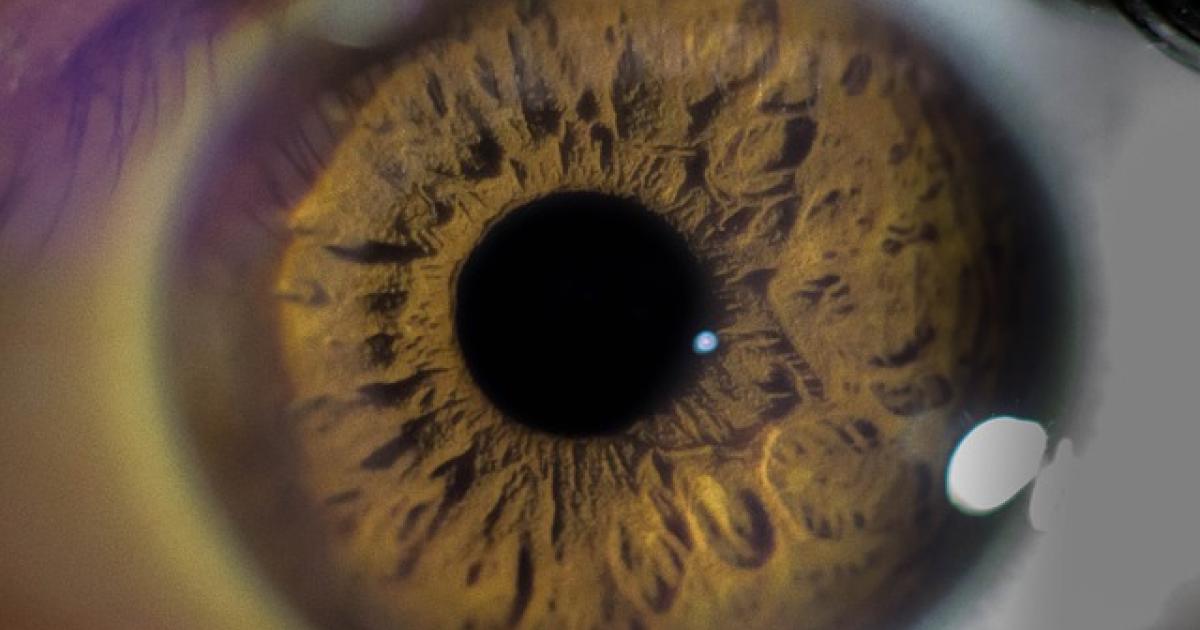Review From The House
READ IT • SEE IT • TASTE IT • LIVE IT
V is for Vision

V is for Vision
Wednesday, April 25th, 2018
"The only thing worse than being blind is having sight, but no vision." (Helen Keller 1880 -1968)
My maternal grandmother, Rose, was a petite, blue-eyed blonde from Glasgow. With her older sister, she traveled by a Union Castle ship to visit her brother in Cape Town. A friend accompanied their brother to meet the ship. The family legend goes that the friend, Joseph, was instantly smitten when he saw Rose walking down the gangplank. She never returned to Glasgow - and I was their first grandchild. But what I remember most vividly when images of Rose come to my mind, is helping her instill drops of eye medication, for her glaucoma.
Eyesight has always been something that I worry about a lot. There have been several mortifying incidents in my life, from the trauma of being called “four eyes” as a 6 year old with new glasses, to losing a contact lens in the OR as a medical student. But those are stories for another time.
Most of us simply connect aging with an increasing need for reading glasses but there are four important conditions that can significantly impair vision in the older individual. Age-related macular degeneration is the leading cause of vision loss in seniors. CNIB estimates that there are 1.4 million Canadians living with AMD. Two million Americans have advanced AMD and 8 million are at risk. Glaucoma is the second most common cause of vision loss in Canadian seniors. Cataracts and diabetic retinopathy are the other two conditions.
There are simple common-sense precautions that one can take to protect your eyes. Wear sunglasses. This is something I need to be more vigilant about. One should have regular eye examinations by a trained professional. Don’t smoke! And then there is the issue of supplements - most important with respect to AMD.
After a first AREDS (Age-Related Eye Disease Study) study showed that high daily doses of vitamins C and E, beta-carotene and zinc and copper slowed progression of AMD, a second 5 year study, the AREDS2 was undertaken to see whether removing beta-carotene, decreasing zinc, and adding omega-3 fatty acids, lutein and zeaxanthin would improve the formulation. Participants who took the formulation with lutein and zeaxanthin but no beta-carotene had an 18% lower risk of advanced AMD compared to those with beta-carotene but no lutein and zeaxanthin. For those with lower dietary intake of lutein and zeaxanthin at the start, who took AREDS formula with lutein and zeaxanthin, there was a 25% reduction. Another report showed that the beneficial effects of taking the AREDS supplement were long lasting. Those who took the AREDS formula in the initial 5 year trial were 20-30% less like to develop advanced AMD over the next 5 years compared to the placebo group.
I make sure I take our Eye Formula every day without fail. It is the AREDS2 formula and because of the 6S quality process and pharmaceutical standards for our products, I can be sure that the capsule contains what the label says it does, and has nothing else in it that is not supposed be there. My eye health is too important to me to trust to anything less.
Now life vision - as opposed to the optical form - that's something I must work on myself every day. As Helen Keller pointed out, there is sight and there is vision.